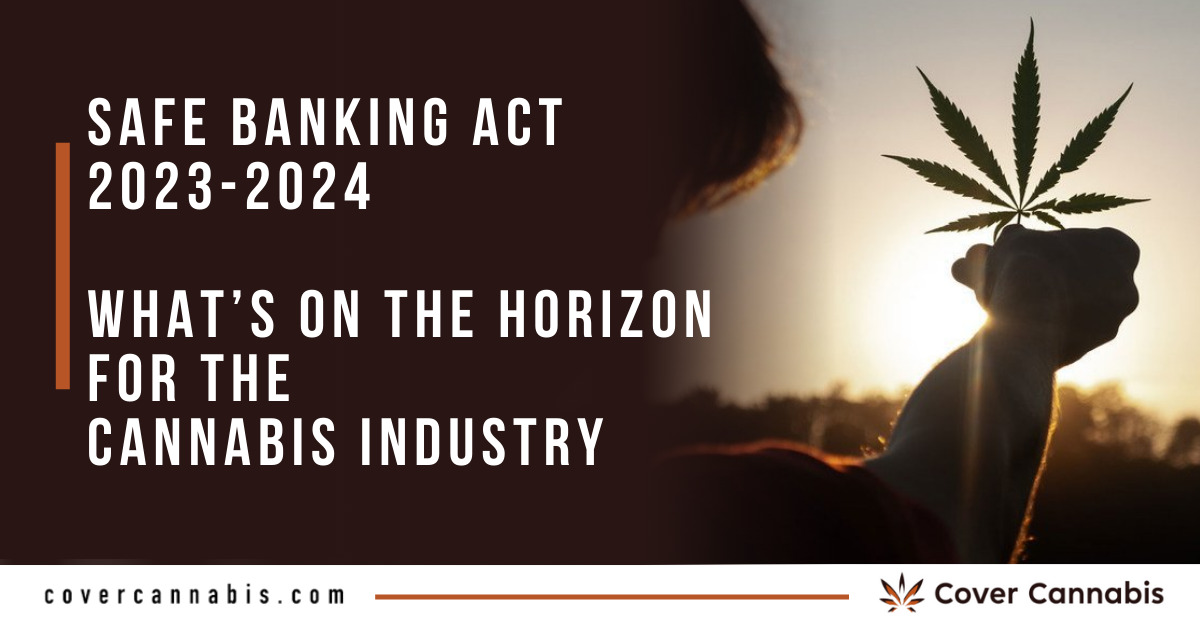


The SAFE Banking Act of 2024 is a bill designed to create protections for financial institutions that provide services to state-sanctioned marijuana businesses and their service providers. The primary aim of this legislation is to ensure that the cannabis industry can access banking services without fear of penalties or exorbitant fees. This bill acknowledges the need for financial rules to evolve in step with marijuana laws, thereby allowing cannabis businesses to operate on an equal footing with other industries. Workers in the cannabis sector would benefit by no longer needing to conduct business in cash, gaining access to financial services such as mortgages and loans.
As of July 2024, the status of the SAFE Banking Act is that it is pending in the Senate Committee on Banking, Housing, and Urban Affairs. The committee held a hearing on the bill on May 11, 2024, but has not yet voted on whether to report the bill to the full Senate for consideration.

What’s on the horizon for the Cannabis Industry? Photo by David Gabrić from Unsplash.
A common question is: When will the SAFE Banking Act be voted on in the Senate? As of now, the timing remains uncertain. The bill has not yet been voted on by the committee, and it is unclear if or when it will be signed into law by the President. Some experts suggest that the bill might have a better chance of passing if it is attached to broader cannabis reform legislation, such as the MORE Act or the CAOA, which address federal legalization or decriminalization of marijuana.
The bill could have several positive impacts on the cannabis industry:
Sen. Sherrod Brown, D-Ohio, stated, “Without full access to the banking and payments system, legal cannabis businesses are forced to operate in the shadows.” Similarly, Sen. Tim Scott, R-S.C., emphasized, “Congress has a responsibility to ensure all legal industries have access to financial institutions and services.”
Despite its potential benefits, the SAFE Banking Act faces several challenges:

A more comprehensive approach to cannabis reform would involve:
The SAFE Banking Act has cleared the House with bipartisan support on six occasions but has stalled in the Senate. With increasing recognition of the need for reform, there is hope that 2024 might finally be the year the legislation makes significant progress.
For more detailed information on the SAFE Banking Act and its potential impacts, send us a message, give us a call or leave a comment below. This is the way.
Sources: